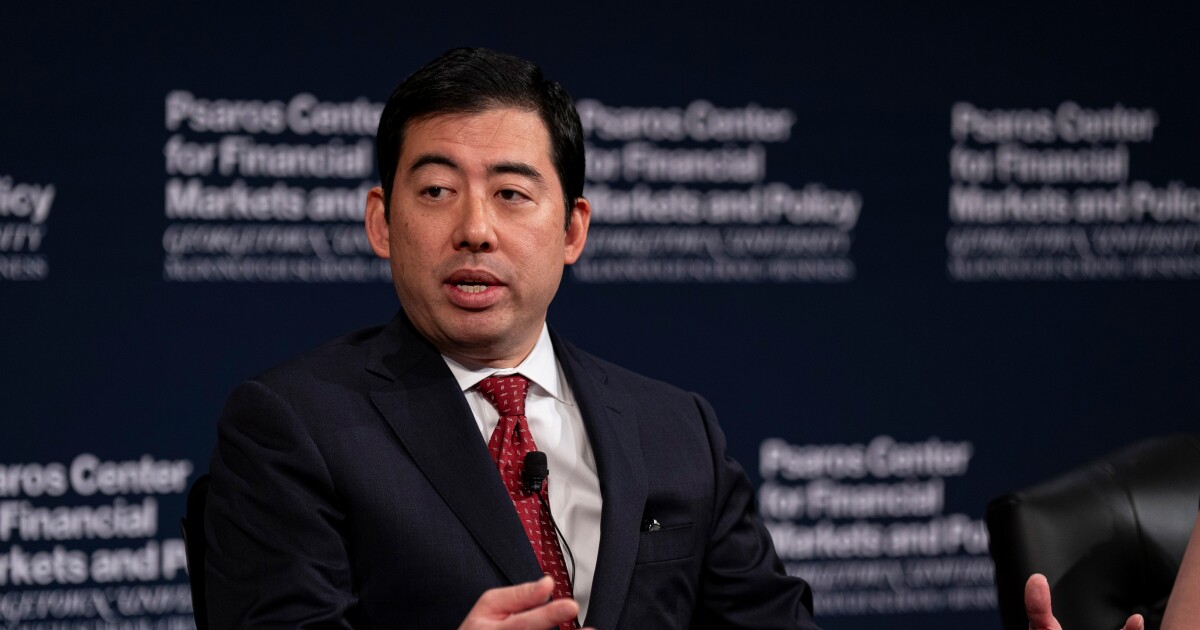Cherry Bekaert, a Top 25 Firm based in Raleigh, North Carolina, has acquired Spicer Jeffries LLP, a Denver-based firm with an extensive business in fund audits.
Spicer Jeffries’ clients include hedge funds, private equity firms, venture capital firms, commodity funds, mutual funds, registered broker dealers, investment advisors and other investment entities. The firm ranks among the top 10 hedge fund audit firms.
The deal, which closed in March but was announced Tuesday, marks a major expansion of Cherry Bekaert’s financial services footprint as part of its private equity-fueled growth strategy. Cherry Bekaert received PE funding in 2022 from Parthenon Capital and has done a number of M&A deals since then, including with Microsoft reseller ArcherPoint and accounting software and cloud services firm Kerr Consulting last year. In 2023, it added PKF Mueller, a Regional Leader with offices in Illinois and Florida; and MCM CPAs & Advisors, a Top 75 Firm based in Louisville, Kentucky; Legier & Co., a forensic accounting and litigation consulting firm in New Orleans; and Cordia Partners in the Washington, D.C., area. In 2022, it added Treacy & Co., a firm with offices in Boston and Chicago.
The acquisition expands Cherry Bekaert’s geographic coverage to the Rocky Mountain region, including Denver. It also provides Cherry Bekaert the ability to audit funds registered with the Cayman Islands Monetary Authority through Spicer Jeffries’ affiliated firm, Spicer Jeffries (Cayman) Ltd.
“This is a transaction that we’re super excited about,” said Scott Moss, leader of private equity advisory services at Cherry Bekaert. “It’s a little bit different than some of the other transactions we’ve done, but it very much fits within our overall growth strategy. What makes it different is this is a core audit and tax firm, but they have been almost exclusively focused on a single industry: the asset management or fund audit and tax world, which includes things like hedge funds, private equity funds, venture capital funds, credit funds, broker dealers, family offices and the like.”
Financial terms of the latest deal were not disclosed. Cherry Bekaert ranked No. 20 on Accounting Today‘s 2025 list of the Top 100 Firms with $660 million in annual revenue. The combined firms’ revenue in just the financial services sector is expected to be in the $150 million to $200 million range, according to Moss. It will be serving approximately 3,600 fund clients, with the PE and VC clients invested in over 3,500 portfolio companies. The firm is bringing in five partners from Spicer Jeffries, including three in audit and two in tax, who will be joining Cherry Bekaert’s existing financial services partners group of about a dozen people. Cherry Bekaert overall has more than 180 partners and over 2,600 employees. Spicer Jeffries is also bringing aboard 40 new hires and interns this week.
“They’ve been around for roughly 30 years,” said Moss. “The original founder is still active in the firm, so we looked at it as a great opportunity to combine our talents and our practices in our broader financial services arena, which for us will include financial institutions, banks and credit unions, insurance entities, the asset management sector, and our private equity space.”
The two firms have been working on the transaction for the past 10 to 12 months. “Joining Cherry Bekaert is a significant step forward for us,” said Spicer Jeffries founder and managing partner Robert Yurglich in a statement Tuesday. “We are thrilled to bring our specialized industry knowledge to a firm that values growth and investor confidence. This partnership presents exciting growth opportunities for our people and enhances the value and services we provide to our clients.”
As is typical for private equity funded accounting firms that operate in alternative practice structures, the transaction consists of two acquisitions: Cherry Bekaert Advisory LLC acquired Spicer Jeffries LLP’s non-attest assets, which includes its tax team, while Cherry Bekaert LLP will acquire Spicer Jeffries LLP’s attest assets, which includes its audit team.
“This acquisition underscores our commitment to the financial services industry,” said Cherry Bekaert Advisory LLC CEO Michelle Thompson in a statement. “We value the relationships Spicer Jeffries has built with their clients, fund administrators, attorneys and other members in the investment community. We are excited to grow together.”
Moss sees it as an outgrowth of the PE-fueled growth strategy. “It’s really the culmination of some initiatives that we put in place about four years ago, when we looked around and said, we built a heck of a firm, very successful in serving private equity funds, but heavily focused on the advisory side,” he said. “We looked at our competition in the marketplace. A lot of the competition was trying to get into the advisory side, but they had built their success in the fund audit and tax arena. We look at this as a balancing out of the service lines within our overall fund and financial services sector.”


 Blog Post1 week ago
Blog Post1 week ago
 Economics6 days ago
Economics6 days ago
 Economics1 week ago
Economics1 week ago
 Accounting6 days ago
Accounting6 days ago
 Personal Finance1 week ago
Personal Finance1 week ago
 Economics7 days ago
Economics7 days ago
 Personal Finance6 days ago
Personal Finance6 days ago
 Personal Finance6 days ago
Personal Finance6 days ago











